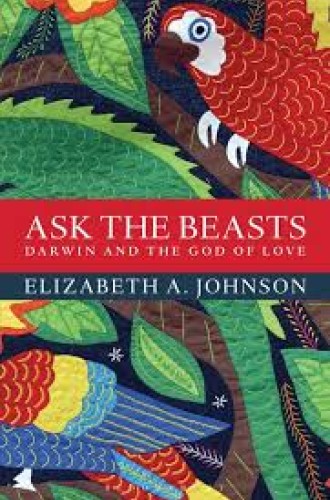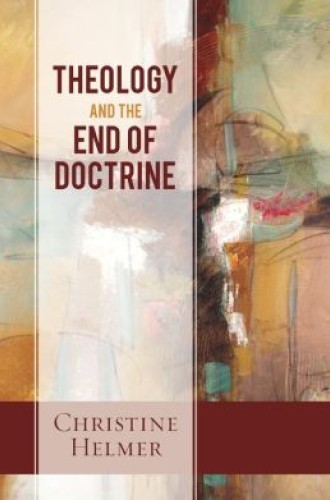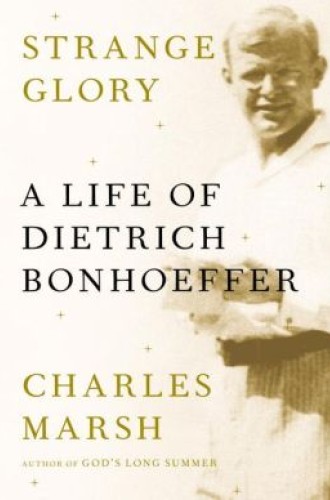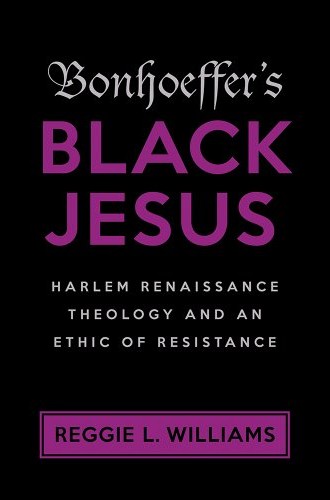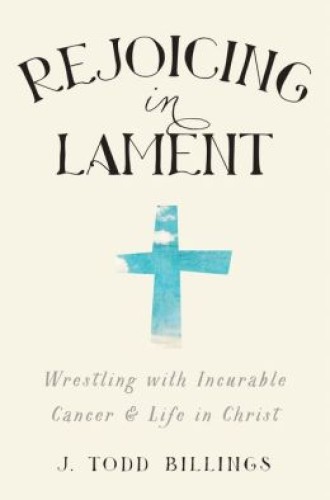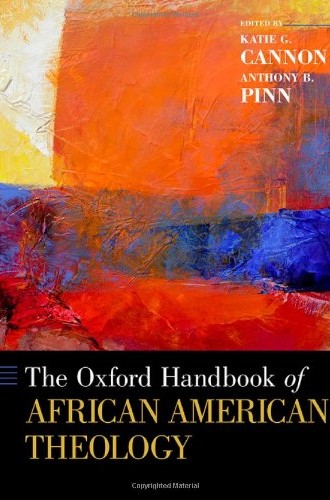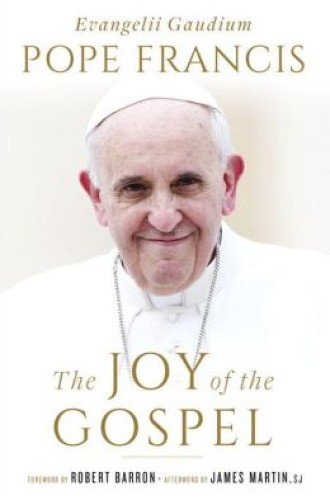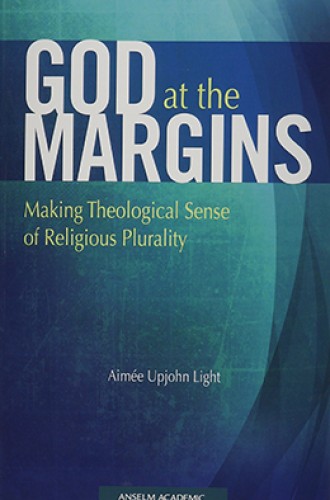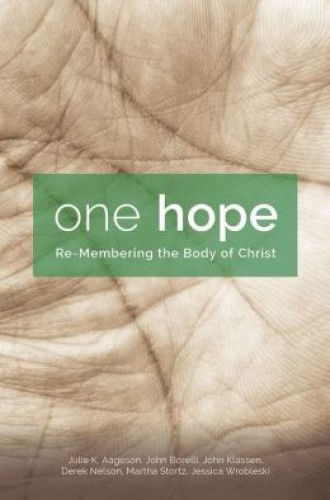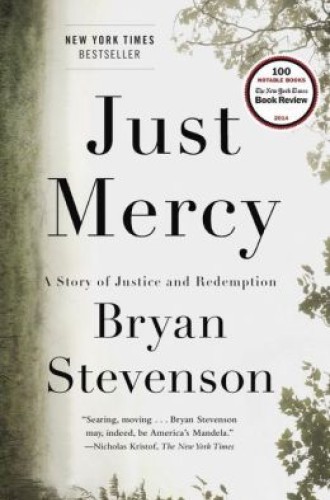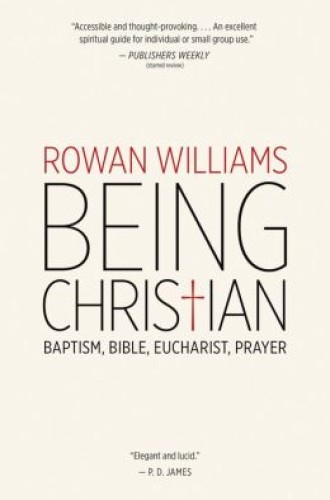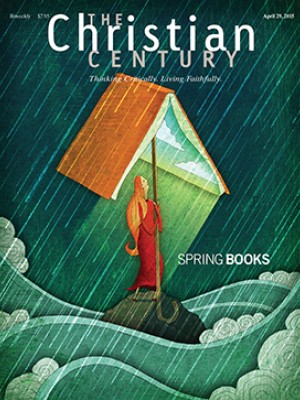Theology
Ask the Beasts: Darwin and the God of Love, by Elizabeth A. Johnson. Coming out of a study of Darwin’s On the Origin of Species that Johnson engaged in with her Fordham colleagues, this book wrestles with the implications of evolution for Christian understandings of God as Creator and calls us to embrace our creaturehood. Johnson’s signature clarity and compassion are in full evidence.
Theology and the End of Doctrine, by Christine Helmer. Helmer argues that as long as we keep its proper end in sight, doctrine is vital for the health of the Christian community. She challenges both those who insist on static, received forms of doctrine and those who reject tout court the importance of doctrine to the life of faith. Her book has garnered praise from readers across the theological spectrum.
Read our latest issue or browse back issues.
Strange Glory: A Life of Dietrich Bonhoeffer, by Charles Marsh. New archival research undergirds this groundbreaking biography. Both Bonhoeffer’s theology and his friendship with Eberhard Bethge receive significant new interpretations. While firmly resisting Protestant tendencies toward hagiography, Marsh champions Bonhoeffer’s embrace of “the polyphony of life.”
Bonhoeffer’s Black Jesus: Harlem Renaissance Theology and an Ethic of Resistance, by Reggie L. Williams. This is another important new Bonhoeffer book, with special relevance for North American readers. Williams argues that Bonhoeffer’s encounter with “a black tradition of Jesus” in Harlem was decisive in challenging his own cultural and theological prejudices and inspiring his resistance to Nazi efforts to claim Jesus as Aryan savior.
Rejoicing in Lament: Wrestling with Incurable Cancer and Life in Christ, by J. Todd Billings. Buoyed by the psalmists, who trusted God in the midst of their anxiety, joy, anger, and suffering, Billings wrestles theologically with the daily realities and implications of his cancer diagnosis. His honest witness can help Christians avoid glibness or sentimentality in supporting those facing serious illness.
The Oxford Handbook of African American Theology, edited by Katie G. Cannon and Anthony B. Pinn. This book’s treasures match its hefty price tag. Cannon and Pinn have assembled a who’s who of contemporary African-American theology in a substantial volume, tracing its themes, debates, and future prospects. A wonderful resource to dip into or read straight through.
The Joy of the Gospel: Evangelii Gaudium, by Pope Francis. This hardcover edition of Pope Francis’s 2013 apostolic exhortation has a foreword by Robert Barron and an afterword by James Martin that situate its message for North American readers. Pope Francis’s vibrant challenge to live in the joy of the gospel and radiate that joy to a hurting world deserves a wide hearing in Protestant congregations.
God at the Margins: Making Theological Sense of Religious Plurality, by Aimée Upjohn Light. This clearly written book, organized for use by study groups, surveys a range of Christian approaches to interreligious work. Light advocates doing this work as part of a theology of liberation and out of feminist sensibilities. She contends that Christian faith is enriched by attending to voices of those at the margins of both society and Christianity.
One Hope: Re-Membering the Body of Christ, by Julie K. Aageson, John Borelli, John Klassen, Derek Nelson, Martha Stortz, and Jessica Wrobleski. As the 500th anniversary of the Reformation approaches, expect a spate of new ecumenical books. This resource, written by three Catholics and three Lutherans, draws on the 1999 Joint Declaration on the Doctrine of Justification and is designed for congregational use. Centered on common Christian practices like prayer, reconciliation, and doing justice, this book recalls the church’s divided history and begins the journey into a common future of shared witness, practice, and hope.
Just Mercy: A Story of Justice and Redemption, by Bryan Stevenson. This best seller by the founder of the Equal Justice Initiative deserves to be read as a gripping work of public theology. Stevenson argues that those condemned by the U.S. system of mass incarceration suffer not only from a lack of justice, but also from the absence of a communal mercy that can see in their troubled lives “the scattered traces of hope and humanity.” Stevenson pleads with us not to let fear, anger, and distance determine the way we treat the most vulnerable members of our society.
Being Christian: Baptism, Bible, Eucharist, Prayer, by Rowan Williams. The essence of Christian faith is beautifully distilled here in conversation with scripture, Christian tradition, and ordinary life. Reflection and discussion sections at the end of each chapter make it an ideal study book.


